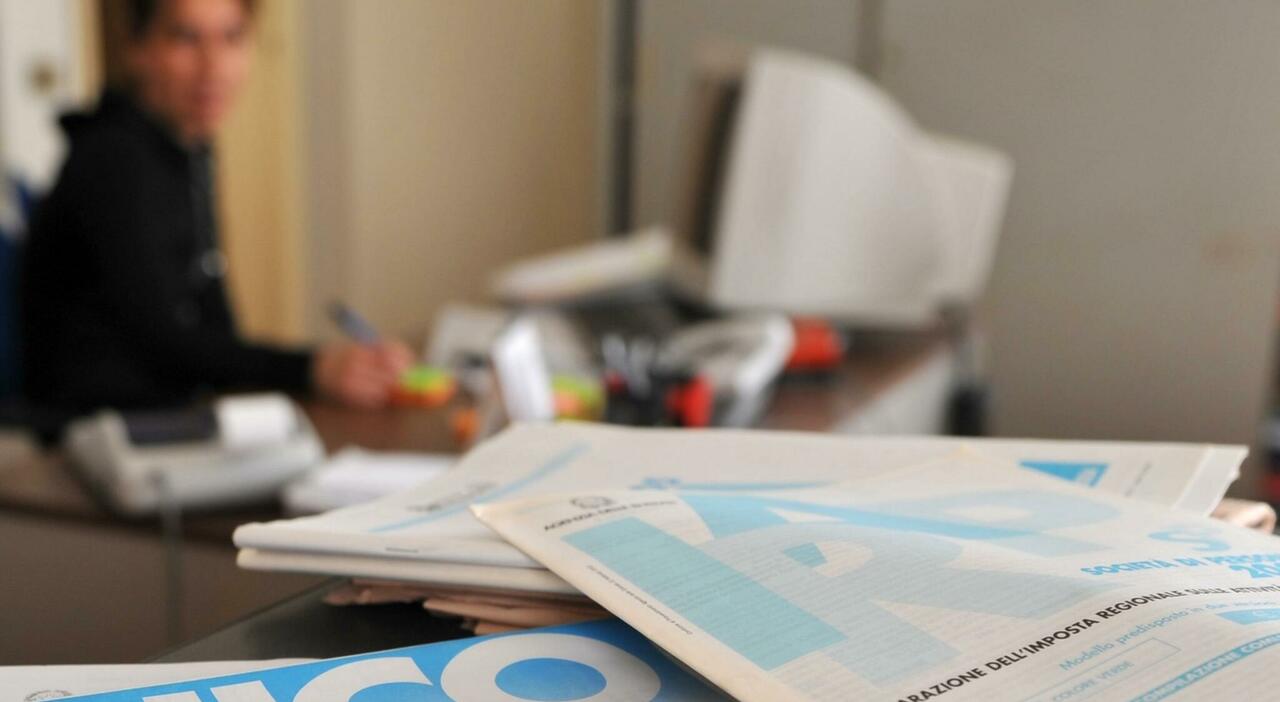On the free gas market, Rome is the Italian city with the most expensive bills, both at fixed and variable prices, followed by Palermo and Catanzaro. The best gas rates are in Trento and Milan, followed by Bolzano and Trieste. This is revealed by a survey in 20 Italian cities carried out by Assoutenti in view of the end of the protected gas market, on January 10. The consumer association has compared the best offers available on the «Offers Portal» of Arera, both for fixed price contracts and for those with a variable rate, for a family that consumes 1,400 cubic meters of gas per year. As for fixed price contracts, in Rome there is the highest expense for those who today choose a free market operator: the best offer involves an average annual gas bill of 2,045 euros. In second place among the main cities is Catanzaro, with an average bill of 2,032 euros per family per year, followed by Palermo with 2,024 euros. The city with the best offer at a fixed price is Milan: a family that today switches to the free market ends up with a bill of 1,816 euros per year, saving 229 euros compared to Rome. Trieste, Bolzano and Trento follow with an average gas bill of about 1,837 euros per year. Also for variable price contracts, i.e. those indexed to the trend of energy costs, Rome holds the record for the most «estimated» expensive bill, with an average of 1,754 euros per year per family choosing today the most convenient offer on the Arera website. Catanzaro (1,739 euros per year) and Palermo (1,723 euros per year) follow. The city with the most convenient variable price contract is Trento, with an average estimated bill of 1,553 euros per year per family, followed by Trieste, Bolzano and Milan with about 1,554 euros.
From tomorrow, January 10, Italians will have to say goodbye to the protected gas market. This is a reminder from Codacons, which has carried out a survey to understand how much the switch to the free market will cost families, in case they choose a fixed or variable price contract. Considering the best offers from the operators present on the specific comparator published on the Arera website, and considering the average consumption of a 'typical' family equal to 1,400 cubic meters per year for cooking food, heating and hot water production, it is found that fixed price contracts are significantly more expensive than the rates charged to «vulnerable» users, i.e. those who will remain in the higher protection regime - explains Codacons - The average gas bill, taking advantage of the best offers currently present in the main Italian cities, is in fact 1,905.43 euros per year per household, 14.56% heavier than the average bill estimated by Arera for 2024 for users who will remain in the protected market (also considering the return of VAT at 10% and 22% from January). A difference that is equivalent to an average higher expenditure of +242.28 euros per family per year.
The situation changes if you choose a variable price contract, i.e. indexed to market trends: in this case the average gas bill, considering only the best offer in the various cities, is 1,620.55 euros per year, with a saving of just -2.57% compared to the protected rates of 2024, equivalent to a lower expenditure of -42.97 euros per year per family. For variable offers, compared to fixed price contracts on the free market, the difference is currently -284.88 euros per family per year (always considering only the best offers in the individual cities) - analyzes Codacons -. However, this is a fictitious saving, considering that as energy prices rise on the markets, the rates charged to users will increase accordingly. «The switch to the free market confirms itself as a disaster for consumers, and based on our forecasts the balance at the end of the operation will be negative, with an increase in expenditure for gas supplies and a general worsening of the economic conditions applied to users», comments President Carlo Rienzi.
This article is automatically translated
